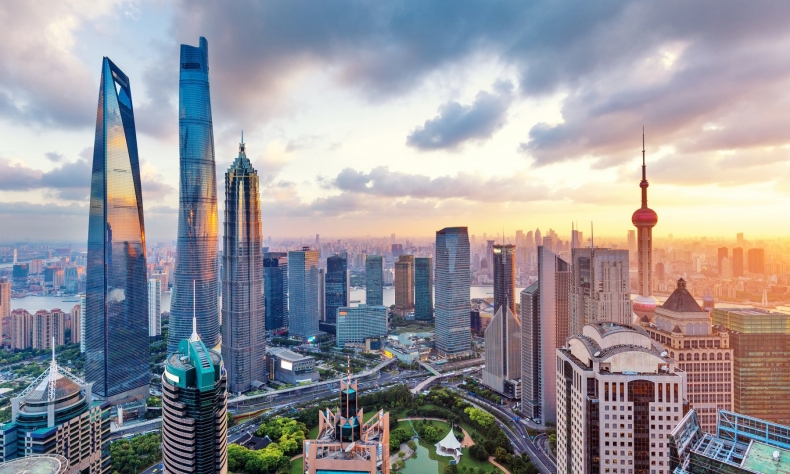
A Long-Haul Roadmap
Xi’s philosophy sets out cooperation as an international rule
There are three major highlights of Xi Jinping: The Governance of China. First, China is a predictable country. In a dangerous world, the unpredictability of its protagonists is a big risk factor. “A good friend is a predictable friend,” the saying goes in China, and that is true of international relations too, as predictability is a factor of peace. President Xi Jinping’s key speeches clearly set out China’s commitments to the international community. No country has developed such a degree of awareness of the notion of long term, as proved by the Two Centenary Goals to complete building a moderately prosperous society in all respects by the Communist Party of China’s centenary in 2021, and to turn China into a great modern socialist country that is prosperous, strong, democratic, culturally advanced, harmonious and beautiful by the time of the centenary of the People’s Republic of China in 2049. No government, except China, sets the year 2049 as the horizon of its action.
Second, China is a force that moves forward and knows where it is going. The thought expressed in Xi Jinping: The Governance of China is very structured. It is based first of all on a vision: a community with a shared future for humanity. In this respect, the goal is bigger than China itself. It is about developing awareness of our common home, the planet.
This perspective has led China to be a key player in the Paris Agreement on global warming. The visionary Belt and Road Initiative is also a case in point. This initiative is obviously good for China, for its industrial overcapacity, for the internationalization of its currency and for its good neighborly relations, but it also aims at putting forward cooperation as an international rule.
To implement this initiative, it is necessary to develop an open diplomacy favoring multilateralism and opposing unilateralism and the return of protectionism.
Third, China is a country firmly geared toward the future. Reading Xi’s book, one is convinced that China is making the future its top priority.
China believes in progress and invests in innovation to deal with problems that are not being tackled. Research is massively encouraged. Artificial intelligence is already a reality in China. Excellence in technology, especially in the field of connectivity, is a requirement in China. This is undoubtedly one of the domains that are ruffling U.S. feathers.
I find that this approach, consisting of writing down in black and white China’s roadmap, is a necessary pedagogic tool for the world. Events for the 70th anniversary of the founding of the People’s Republic of China have made people proud, and the achievements of the last 70 years are obviously spectacular. But abroad, China’s return to the top ranks of the world’s nations is causing concern. China’s power worries even more those who do not know China.
The history of ancient China is little known, and the history of China’s peaceful development is not sufficiently studied in the West. That’s why Xi is right to urge his administration to reassure its partners.
China must be reassuring: This Chinese message shows us that its leader is listening to the world. The central idea then becomes that of cooperation. It is at the heart of the Belt and Road Initiative. It is also at the heart of the China International Import Expo (CIIE), the second edition of which took place in Shanghai in November.
France was a guest country of honor at the Second CIIE. French President Emmanuel Macron participated in this major event dedicated to world trade and led a very large delegation of French entrepreneurs. It was his second official visit to China since his election. Commercial exchanges, particularly in the areas of consumer goods including food, but also transport, energy and tourism, were enhanced.
Cultural cooperation has been deepened thanks to the establishment of the Pompidou Center for Contemporary Art in Shanghai. Yearlong events for the promotion of our cultural tourism exchanges will be launched in 2021. The two presidents are keen to stress the cultural dimension of the Franco-Chinese friendship. In his book, Xi quotes many French writers like Jean-Jacques Rousseau, Montesquieu and Victor Hugo.
After reading Xi’s book, it is clear that what brings our two countries closer together is that despite the achievements, there is still a lot of work to be done. Reform remains a necessity to face the future. The reforms are not necessarily the same in each country, but each nation must adapt to the new era.
The author is former prime minister of France
Source: Beijing Review
 Facebook
Facebook
 Twitter
Twitter
 Linkedin
Linkedin
 Google +
Google +










